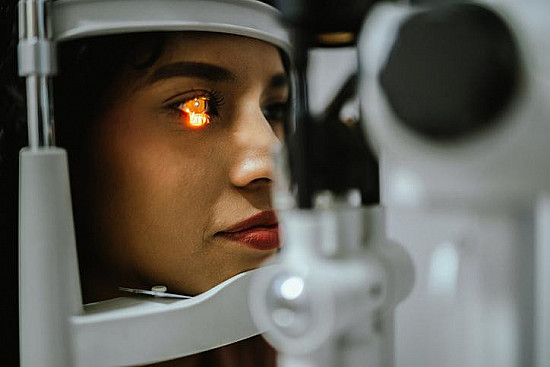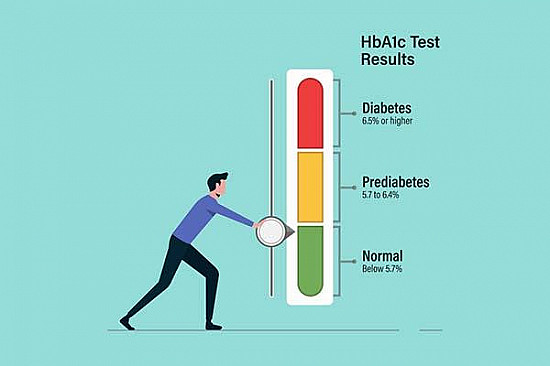Amniocentesis
- Reviewed by Howard E. LeWine, MD, Chief Medical Editor, Harvard Health Publishing; Editorial Advisory Board Member, Harvard Health Publishing
What is the test?
Amniocentesis involves using a needle to take a sample of amniotic fluid, the fluid that surrounds a developing fetus during pregnancy. Tests of fetal cells found in this fluid can reveal the presence of Down syndrome or other chromosome problems in the baby. Amniocentesis can also show whether the lungs of the baby are mature enough to allow it to survive if it were delivered right away.
Amniocentesis is often recommended for pregnant women over age 35, women who have an abnormal "triple screen" blood test during pregnancy, or women who have (or whose husbands have) a family history of certain diseases or birth defects.
A different test that provides similar information is called chorionic villus sampling (CVS). Women can have CVS done slightly earlier in pregnancy. Your doctor can help you to decide which test is most appropriate for you.
How do I prepare for the test?
You should have a serious discussion with your obstetrician regarding whether to have amniocentesis. Amniocentesis is most often performed between the 15th and 18th weeks of pregnancy to test for fetal abnormalities. To check on fetal lung development, the test may be done late in the third trimester.
Tell your doctor ahead of time if you have ever had an allergic reaction to lidocaine or the numbing medicine used at the dentist's office.
Just before the test, you should empty your bladder.
What happens when the test is performed?
You wear a hospital gown and lie on your back on a table. An ultrasound is done to show the location of the fetus and placenta. Your lower abdomen is cleaned with an antibacterial soap. In some cases, the doctor uses a small needle to inject a numbing medicine just under the skin, so you do not feel the amniocentesis sampling needle later. (Because the sampling needle does not cause much more stinging than the numbing medicine itself, not every doctor includes this step.)
The hollow sampling needle is several inches long and is inserted through the skin and abdominal muscle and then through the wall of the uterus. A syringe attached to the needle is used to collect a sample of fluid.
The baby's heart tones and the mother's blood pressure and heart rate are checked at the beginning and end of the procedure.
What risks are there from the test?
Most women experience a few hours of mild pelvic cramping, and a few will have slight vaginal bleeding. Sometimes women will have a temporary leak of amniotic fluid through the vagina; this usually causes no problem.
There is a small risk of miscarriage associated with amniocentesis; this occurs in about one in every 300 to 500 cases, depending in part on the timing of the test and the experience level of the physician performing it. Other risks (such as infection or injury to the fetus that does not cause miscarriage) are extremely rare.
Must I do anything special after the test is over?
If the test confirms that you are Rh incompatible with the fetus, you will need to receive an injection of a medicine called Rh immune globulin (RhoGAM) to protect the baby from complications.
Let your doctor know immediately if you are having any vaginal bleeding, fluid leakage, or strong abdominal pain. Doctors usually recommend avoiding exercise and sex on the day you have had the procedure.
How long is it before the result of the test is known?
Chromosome analysis of the fluid sample may takes two weeks or more. The results of some tests may be available sooner.
About the Reviewer

Howard E. LeWine, MD, Chief Medical Editor, Harvard Health Publishing; Editorial Advisory Board Member, Harvard Health Publishing
Disclaimer:
As a service to our readers, Harvard Health Publishing provides access to our library of archived content. Please note the date of last review or update on all articles.
No content on this site, regardless of date, should ever be used as a substitute for direct medical advice from your doctor or other qualified clinician.















